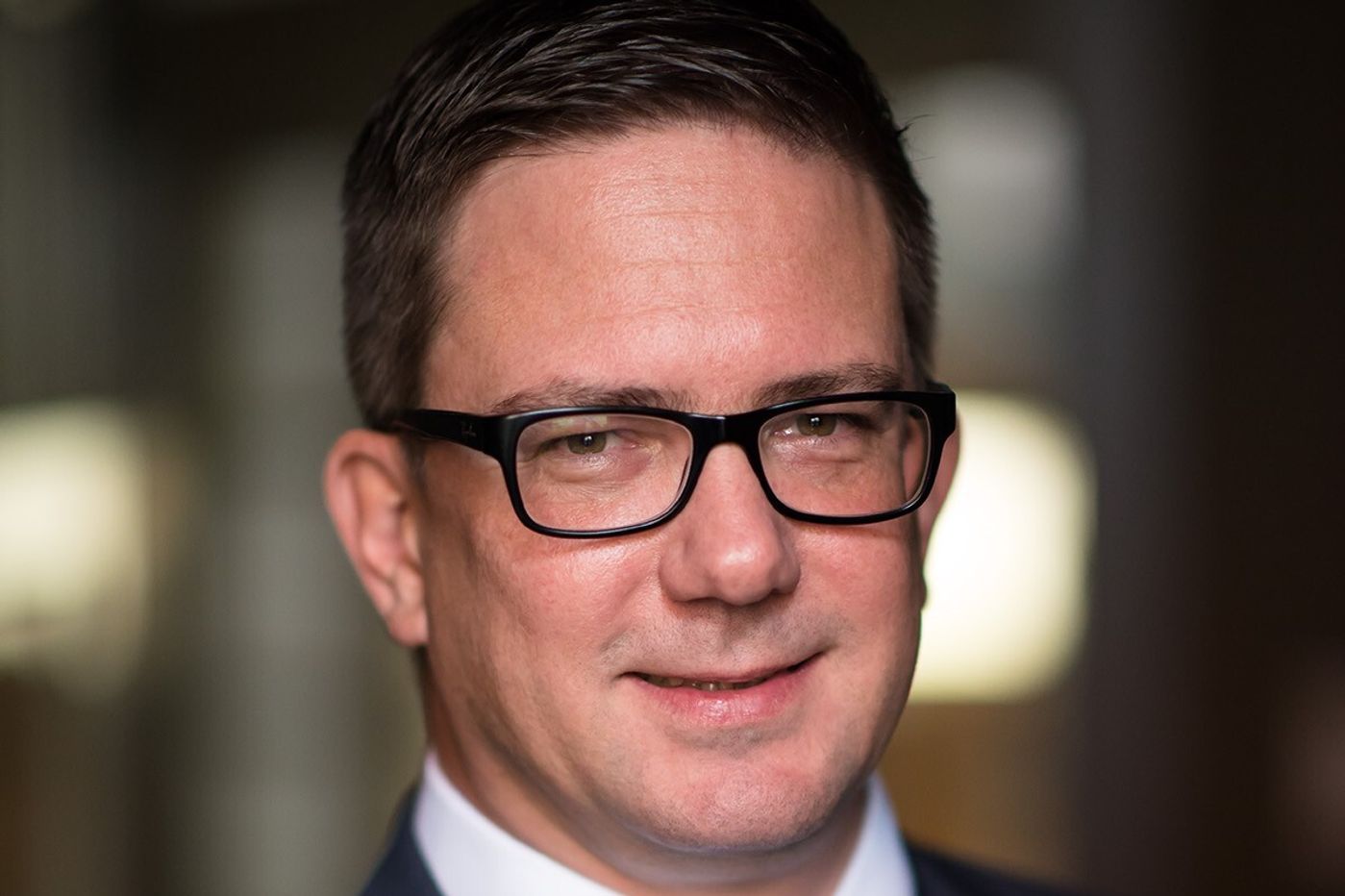Fidelity International eyes active ETF growth as European demand picks up
By David Ricketts 7 March 2024
Stefan Kuhn says asset manager wants to take advantage of active ETF growth in Europe

Fidelity International’s head of ETF distribution Stefan Kuhn joined the company in 2022 PHOTO: HANDOUT
When Fidelity International announced its foray into Europe’s exchange traded funds market in 2017, some wondered if one of the UK’s largest asset managers had arrived too late to the party.
At the time, Fidelity International was counting on its brand and distribution footprint to help it win market share in one of the most competitive corners of the industry, where three of the largest incumbents continue to dominate.
Fidelity International’s bet appears to have paid off. It is now among the top 25 ETF providers in Europe and oversees around $5.9bn, according to data from ETGI.
“I’ve heard we’re late to the game,” Fidelity International’s head of ETF distribution, Stefan Kuhn, told Financial News.
“But if you look at the development of the active ETF market, that’s part of the ETF industry where we were one of the first.”
Fidelity International, which oversees $776bn in assets across its entire asset management business globally, has focused on growing its expertise in active ETFs — one of the fastest-growing areas of the market.
Active ETFs in Europe gathered $7.4bn of new money in 2023, accounting for 4.7% of the total $155.9bn gathered across the sector last year, according to ETFGI. Since the start of January, active ETFs have pulled in $1.7bn.
Kuhn, who joined Fidelity International in 2022 after an almost four-year stint at State Street’s SPDR ETF business, said the company was looking to grow ETF assets on the back of rising demand for actively managed strategies across Europe.
Fidelity International garnered $1.2bn of new ETF money last year, ETFGI figures show.
“If you look at the growth rate, we grew three times our market share [in 2023],” said Kuhn. “That is something that should continue.”
He added: “The brand is definitely there. Some clients have not fully embraced active ETFs. But if the move towards active ETFs continues at the speed it has, we want to be part of that.”
Fidelity International faces stiff competition from other fund management groups looking to muscle in on active ETFs, including JPMorgan Asset Management and Franklin Templeton, which have launched products in recent months to capture demand.
Others are also looking for a way into the booming sector.
According to a report by consultancy Blackwater, 77% of European asset managers now consider active ETFs as an opportunity.
“The simple reason why active is growing in popularity is due to the advantages of the ETF wrapper, and the fact that there will always be investors out there who will want returns in excess of the benchmark,” said Michael O’Riordan, founder of Blackwater.
Fidelity International’s plan to bolster its ETF business come amid predictions of further gains for the European sector, which last year grew assets by more than 28% to reach a record high of $1.8bn.
A recent EY report estimated that the European ETF market is set to grow 15% annually over the next five years to reach $4.5tn.
EY said that active ETFs will fuel some of this rise, with new entrants to the sector looking to take advantage of increased investor demand for the products.
Some asset managers have already launched into Europe touting their active ETFs, including Dutch asset manager Robeco. The firm plans to launch a suite of active ETFs in Europe this year.
Robeco even poached Fidelity International’s former head of ETFs, Nick King, to lead its push.
Meanwhile, Axa Investment Managers announced its ETF push last year with a range of actively managed thematic and responsible investment products.
ARK Invest, overseen by star US portfolio manager Cathie Wood and which specialises in active ETFs, also plans product launches in Europe this year.
Amid growing competition, Kuhn sees active ETFs as the next potential battleground for asset managers looking for ways to break into the European market.
“I would struggle to see a business case for someone entering the market with standard index trackers,” said Kuhn.
“In a market that is already compressing in terms of margins, it isn’t a viable business case. If you find a part of the market where you can be unique and see client demand, that’s the only way to be a new entrant. That’s exactly what some of the new players have been doing.”

